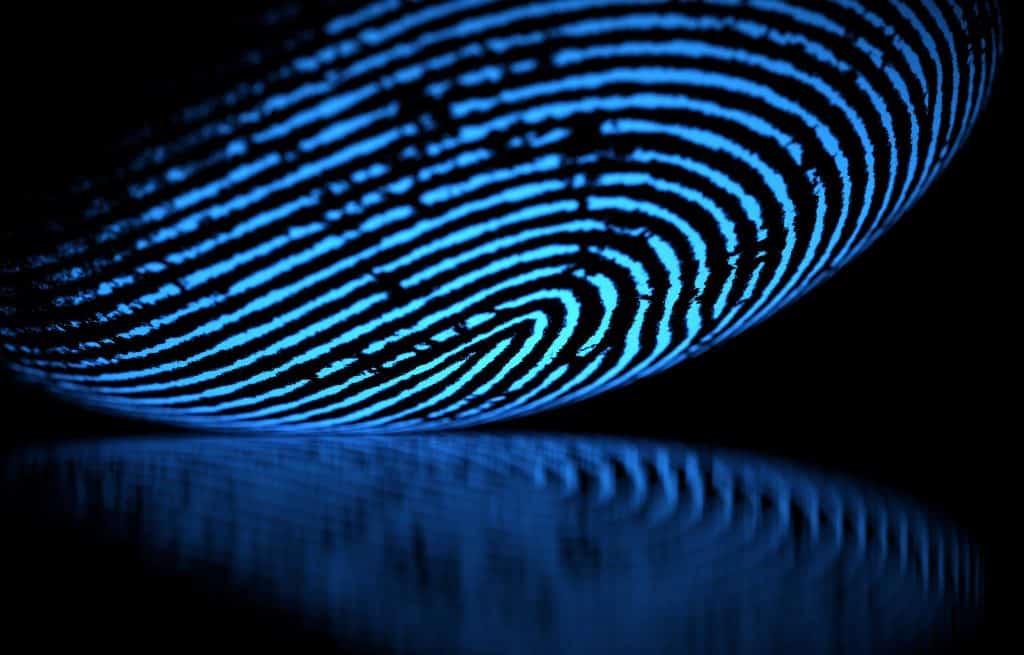Thales’ latent fingerprint biometrics algorithm scores high accuracy, speed in NIST test
Thales has scored a rank-one hit rate of 91.9 percent for latent fingerprint biometrics in the last evaluation by the U.S. National Institute of Standards and Technology (NIST), according to a company announcement.
The company also says its forensic latent print identification algorithm uses over 50 percent less computing power than the algorithms submitted by competing vendors, and is more than 50 percent faster than all other submissions to NIST’s Evaluation of Latent Friction Ridge Technology (ELFT).
Lower computing power in combination with higher speed means that Thales’ forensic fingerprint matching algorithm delivers its high accuracy at a lower cost, the company says.
The algorithm’s Detection Error Tradeoff (DET), which NIST describes as it’s “preferred accuracy metric,” has improved by 44 percent, which Thales says reduces the amount of time forensic practitioners must take manually reviewing weak hits.
The 91.9 percent rank-one hit rate for the ThalesCogent+0007 algorithm is based on the Cumulative Match Characteristic metric, as assessed for matching probes with EFS data to an FBI-provided dataset.
Thales scored an 87.4 percent rank-one hit rate with no threshold and no EFS features provided, which ranks third among eight active algorithms assessed.
The company says its Automated Biometric Identification System (ABIS) is used in nearly 100 forensic implementations today.







